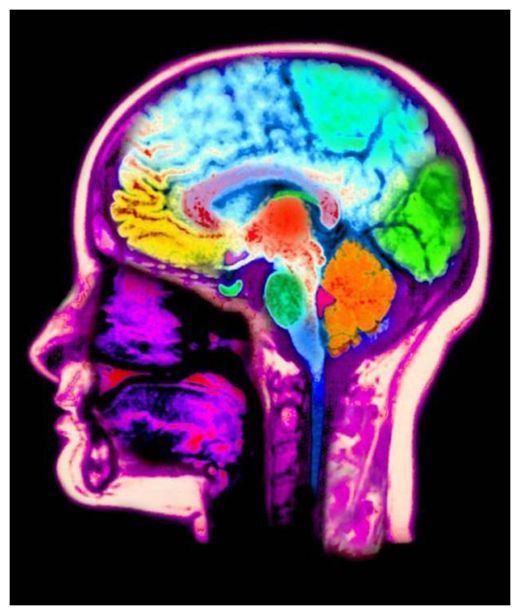
© iStockphoto/Goldmund LukicNew evidence shows that separating infants from their mothers is stressful to the baby.
A woman goes into labor, and gives birth. The newborn is swaddled and placed to sleep in a nearby bassinet, or taken to the hospital nursery so that the mother can rest. Despite this common practice, new research published in
Biological Psychiatry provides new evidence that separating infants from their mothers is stressful to the baby.
It is standard practice in a hospital setting, particularly among Western cultures, to separate mothers and their newborns. Separation is also common for babies under medical distress or premature babies, who may be placed in an incubator. In addition, the American Academy of Pediatrics specifically recommends against co-sleeping with an infant, due to its association with Sudden Infant Death Syndrome, or SIDS.
Humans are the only mammals who practice such maternal-neonate separation, but its physiological impact on the baby has been unknown until now. Researchers measured heart rate variability in 2-day-old sleeping babies for one hour each during skin-to-skin contact with mother and alone in a cot next to mother's bed. Neonatal autonomic activity was 176% higher and quiet sleep 86% lower during maternal separation compared to skin-to-skin contact.
Dr. John Krystal, Editor of
Biological Psychiatry, commented on the study's findings: "This paper highlights the profound impact of maternal separation on the infant. We knew that this was stressful, but the current study suggests that this is major physiologic stressor for the infant."
This research addresses a strange contradiction: In animal research, separation from mother is a common way of creating stress in order to study its damaging effects on the developing newborn brain. At the same time, separation of human newborns is common practice, particularly when specialized medical care is required (e.g. incubator care). "Skin-to-skin contact with mother removes this contradiction, and our results are a first step towards understanding exactly why babies do better when nursed in skin-to-skin contact with mother, compared to incubator care," explained study author Dr. Barak Morgan.
More research is necessary to further understand the newborn response to separation, including whether it is sustained response and whether it has any long-term neurodevelopmental effects.



